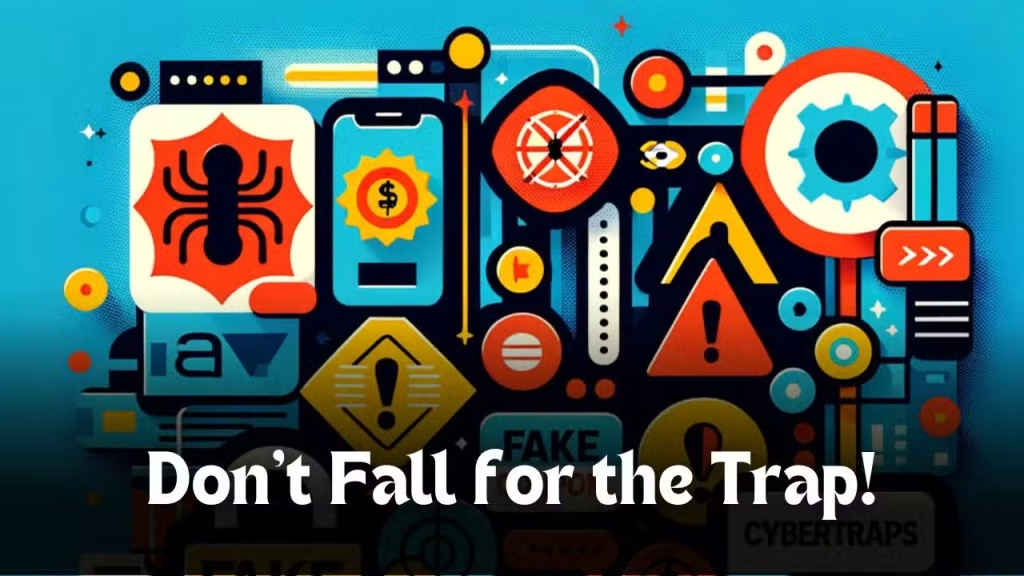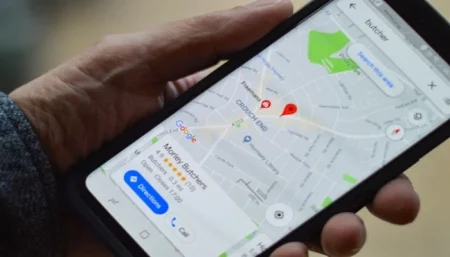Coupon codes are a great way for online shoppers to save money on everything from groceries to gadgets. But as with many things in the digital world, scammers have found a way to turn these deals into traps designed to steal your data, install malware on your device, or commit financial fraud. So, how do cybercriminals turn seemingly innocent coupons into dangerous scams, and how can you protect yourself?
The Appeal of Fake Coupons
The promise of a good deal is irresistible, especially during shopping seasons like Black Friday or Cyber Monday. Scammers understand this and create fake coupon codes that lure unsuspecting shoppers. These fraudulent coupons often promise massive discounts—sometimes up to 70% or more—but their real goal is far more malicious.
A common tactic scammers use is phishing. They send out emails that appear to come from legitimate retailers, offering discount codes in exchange for clicking a link or providing personal information. ExpressVPN reports that these phishing scams often direct victims to fake websites designed to mimic popular retailers. As a result, users may unknowingly hand over sensitive information, thinking they’re getting a deal, only to become victims of fraud.
Common Tactics Scammers Use with Fake Coupons
1. Fake Coupon Websites
Scammers often create websites that look like genuine coupon platforms. These sites may offer impressive deals, but when you try to redeem the coupon, you’ll be asked to provide personal information such as your name, email, and even credit card details. Once submitted, this data can be used for identity theft or sold on the dark web.
2. Phishing Emails
Phishing emails are one of the most effective methods for stealing data. These emails appear to come from well-known brands, offering fake coupon codes that ask you to click a link. Once you do, you may be redirected to a fake website or unknowingly download malware onto your device.
3. Social Media Coupon Traps
Scammers also use social media to promote fake coupon deals. These posts may look like official brand promotions, but clicking on them can lead you to malicious websites. For example, a fake Costco coupon offering $75 off circulated on Facebook, leading users to a phishing site.
4. Pop-up Coupon Ads
While browsing online, you might encounter pop-ups offering discounts if you “act now.” Although tempting, pop-up ads are a common tool for scammers. Clicking on them may install malware on your device or redirect you to a fake coupon site designed to steal your personal information.
5. Surveys for Coupons
Scammers may also use fake surveys, promising a hefty discount in exchange for answering a few questions. The goal is to gather as much personal information as possible, such as your email address and home address, which can then be used for fraudulent purposes. Often, the promised coupon never arrives.
How to Spot Fake Coupons
Identifying fake coupons can be challenging, but there are several red flags to watch out for:
- Check the URL: Before entering any information, verify the website’s URL. Fake coupon sites often have unfamiliar or misspelled URLs.
- Too-good-to-be-true deals: Be wary of coupon codes that offer unrealistic discounts, like 90% off a brand-new product. These are almost always scams.
- Excessive requests for personal information: A legitimate coupon site won’t ask for sensitive data like your credit card number or home address in exchange for a discount code.
- Suspicious pop-ups: If a coupon offer suddenly pops up while you’re shopping, it’s best to close the window and continue browsing on trusted websites.
Protecting Yourself from Coupon Scams
So how can you protect yourself from falling victim to these coupon scams? Here are a few key tips:
- Shop on trusted websites: If you receive a coupon link via email or social media, go directly to the retailer’s official website to verify the deal.
- Avoid pop-up ads: These are often linked to malware. Close the ad and continue shopping on reputable sites.
- Keep your security software updated: Many scams rely on vulnerabilities in outdated software. Regular updates can help prevent cyberattacks.
- Use a VPN: When shopping on public Wi-Fi, a VPN encrypts your internet connection, making it harder for scammers to intercept your data.
For more in-depth tips on spotting fake coupons and protecting yourself from online fraud, Bitdefender offers a useful guide on recognizing fraudulent deals.
Conclusion: Stay Vigilant and Shop Smart
While online coupon codes can save you money, they also come with risks. Scammers are constantly evolving their tactics, turning fake coupon codes into tools for phishing, malware installation, and data theft. By staying vigilant and knowing what to watch out for, you can protect your personal information and enjoy safer online shopping.




